“Can you get an STDs without having sex?”
“Yes, in addition to sex, it can be transmitted through: indirect contact, blood-borne transmission, mother-to-child vertical transmission, iatrogenic transmission, etc.”

There has been a report:
I remember seeing a news report two years ago, there is a family of 6 people to travel, staying in the hotel senior suite, after coming home, the private parts of the whole family, there were different degrees of itching, and small particles on the genital canal.
After diagnosis, the family got a kind of venereal disease called “condyloma acuminatum”, 6 people were not spared.
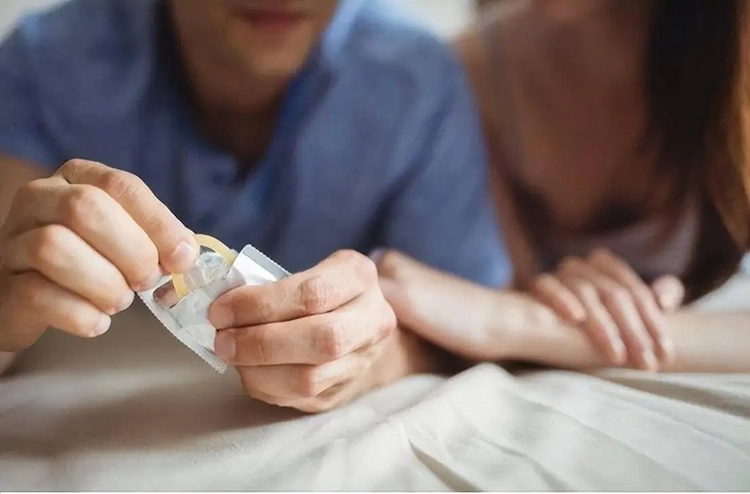
Can you get an STDS without having sex?
Sexually transmitted diseases in addition to sexual contact, blood transmission, indirect contact can also be infectious diseases, but this probability is very small, almost less than 5%.
Many people smell “sex” color change, but venereal diseases can be prevented and treated, should follow “early detection, early diagnosis, early treatment; Prevention first, prevention and treatment combined with the principle, rather than due to the ignorance of venereal disease or a half-understanding of venereal disease phobia.
Therefore, it is particularly important to correctly grasp the knowledge of STDS prevention and treatment, and establish the correct view of love, sexual concepts, sexual morality and sexual ethics. So what knowledge do we need to master about venereal diseases? What are the symptoms of different STDS? What should you do?

sexually transmitted diseases (sexually transmitted diseases, STDs) are sexually transmitted infectious diseases. Human sexual behavior is the main factor that causes STDs pathogens to infect the urogenital tract. The main lesions occur in and around the urogenital tract.
At present, sexually transmitted diseases include: syphilis, gonorrhea, genital chlamydia trachomatis infection, condyloma acuminatum, genital herpes 5 diseases.
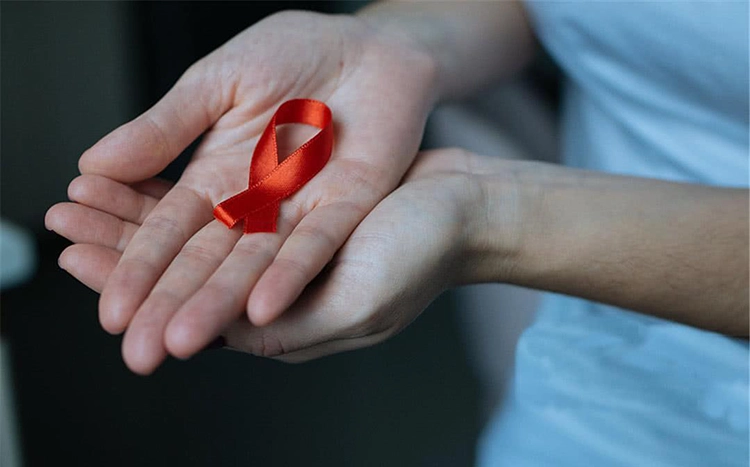
What are the clinical symptoms of sexually transmitted diseases?
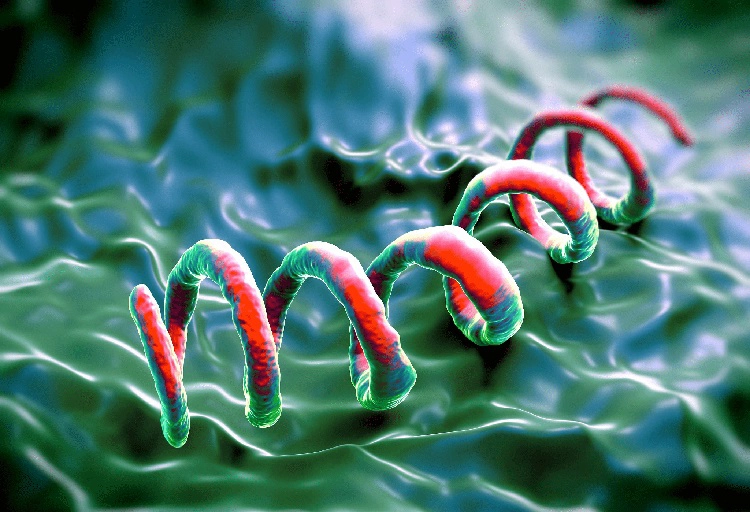
Syphilis:
In general, within 2-4 weeks after infection, the male genitalia penis foreskin, coronary groove, glans and other parts, the female size of the inner part of the labia and cervix and other parts appear painless hard nodules, local dark red maculopapules appear at the beginning, and then form superficial ulcers.
With the gradual healing of the hard nodules, clinical 2-8 weeks into the incubation period, will spread to the whole body skin mucous membranes appear syphilis rash, lesions are polymorphic, mostly in the trunk and extremities near the inside, generally no conscious symptoms, there can be itching. Some will cause alopecia, lymph node enlargement, eye, bone, nerve and internal damage, the general symptoms are mild. If there is no timely treatment, 1-2 years prone to recurrent, with infectivity.
Some patients in 3-10 years after infection, easy to affect the nervous system, hemiplegia, paraplegia, aphasia, epileptiform seizures, dementia and other manifestations.
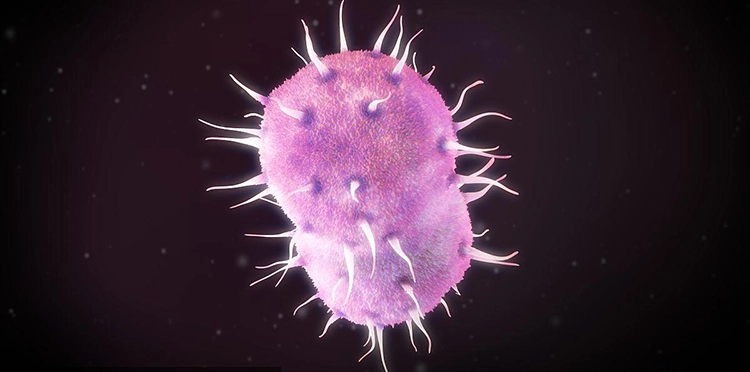
Gonorrhea:
In general, clinical symptoms occur after 72 hours after infection, men are prone to urine pain, urethra flow of pus acute anterior urethritis, mainly manifested as abnormal urethra secretions or urination difficulties. If not cured in time, the inflammation can spread to the posterior urethra leading to prostatitis, then lead to seminal vesiculitis and epididymitis.
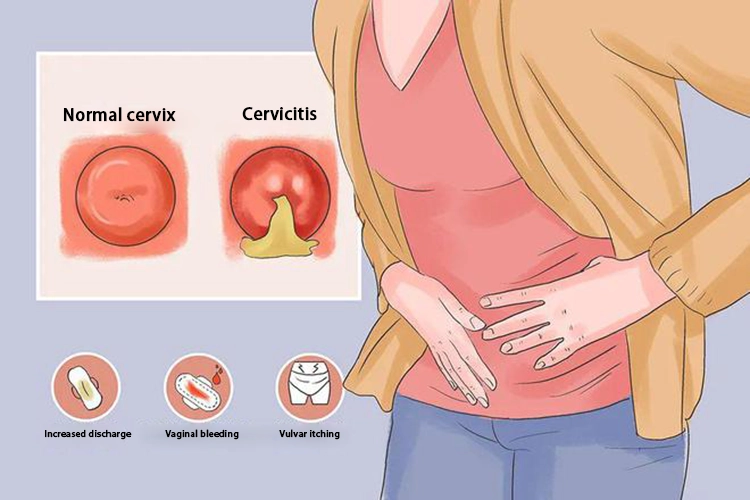
Women are prone to cervical infection, a large number of purulent leukorrhea, often vulva itching and burning sensation, frequent urination, urgent urination, urination pain. Such as not timely treatment, easy to develop pelvic inflammatory disease, endometritis and salpingitis, resulting in abnormal menstrual bleeding, abdominal pain and tenderness, infertility and so on.

Genital chlamydia trachomatis infection:
Common symptoms for urethra itching, tingling or burning sensation, urethral mouth red swelling, thin secretions, less amount, more serous, in the morning, urethral mouth secretions formed scab film seal urethral mouth and appear “life” phenomenon.

Female: manifested as increased leucorrhea, vulva pruritus, dysuria, frequency, urgency;

Male: may lead to acute epididymitis, pain and swelling of epididymis, scrotal fever, redness, etc.;
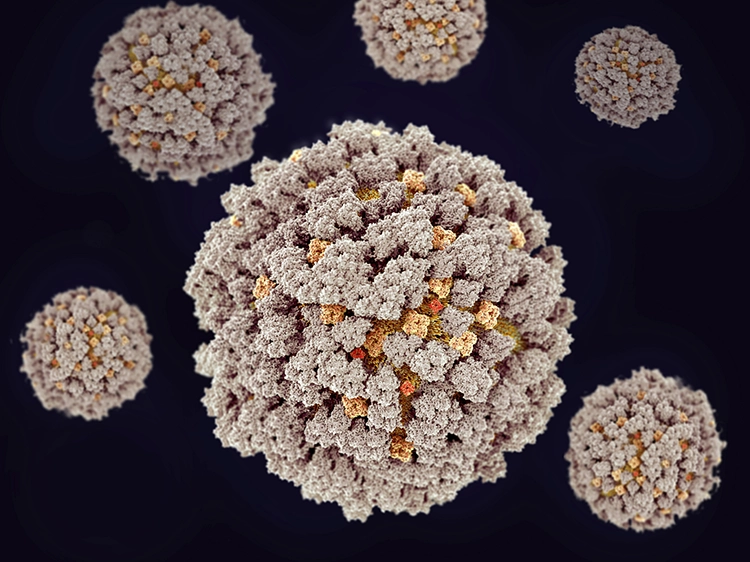
Condyloma acuminatum:
Typical clinical manifestations of skin damage is small light red papules at the beginning, and then gradually increase, cluster distribution, moist and soft, uneven surface, papillae, cockscomb or cabbage protrusions, easy to appear erosion ooze, easy to touch bleeding, secretions can cause odor, itching.
Male prepuce, coronal groove, urethral orifice, glans, perianal and other parts of the penis;
Women mostly in the size of the labia, cervix, perianal and other parts.

Genital herpes:
As the name suggests, the typical clinical manifestations are pimples and blisters on both sides of the genitals 4-7 days after sex, with pain, itching and a burning sensation. Sores, pustules, or scabs develop two to three weeks later.
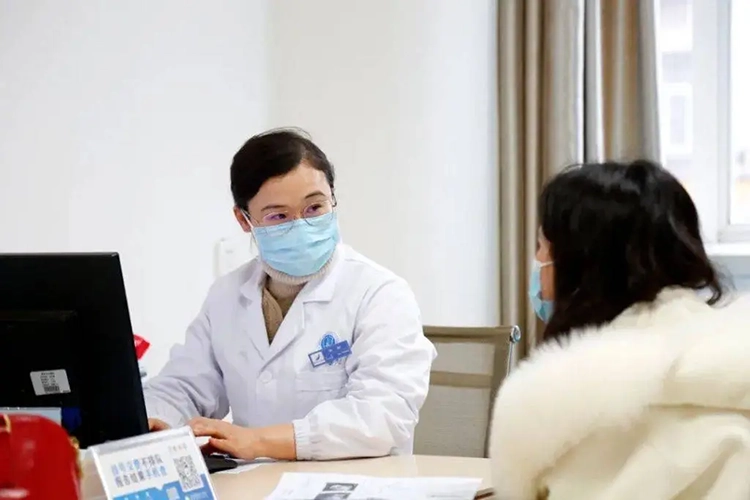
Finally, you also need to know
Read the above knowledge points, is there a kind of impulse to go to the regular hospital screening. Don’t worry, you also need to know the following before going to the hospital:
1. Generally speaking, there is no innate immunity to STDS, and there is no durable acquired immunity, which means that you can be infected repeatedly.
2. Can be infected with multiple pathogens at the same time.
3. Some patients after repeated attacks, prolonged and not healed, intermittent discharge of pathogens.
4. If the infection period is not treated in time, the transmission speed is fast.
5. Sex workers, clients, men who have sex with men, drug users and other groups have a higher risk of contracting sexually transmitted diseases.
6. Sexually transmitted diseases harm society, harm others, harm future generations, can cause infertility and even cancer.
If you have a history of unclean sexual behavior, it is recommended to go to a regular hospital for screening tests, straighten out your mentality, strictly follow the doctor’s advice, and avoid random medication and irregular treatment.
To be responsible for yourself is to be responsible for others, and to be responsible for love.

